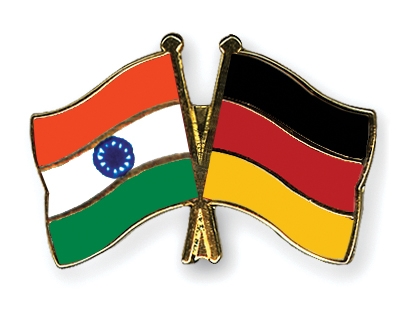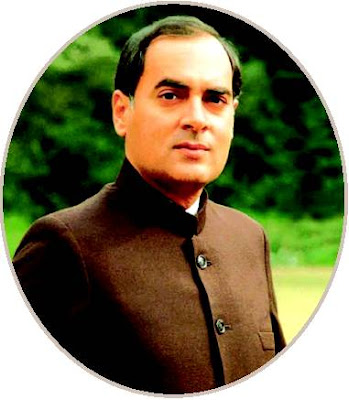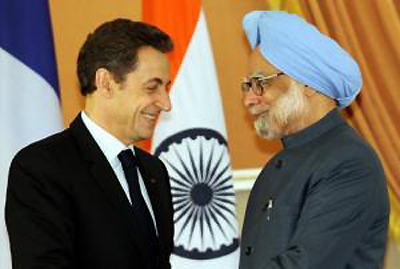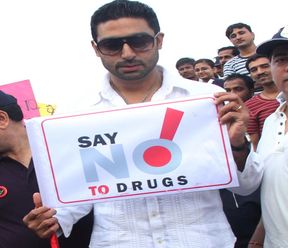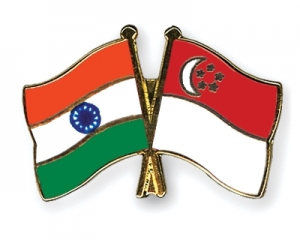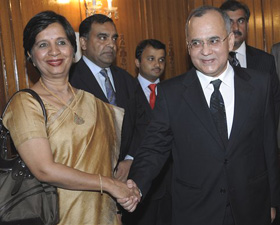India Japan Relations

India Japan relations have undergone a significant and qualitative shift in recent years, propelled by the successful regular summit level exchanges. From Japan, the then Prime Ministers Koizumi, Abe and Hatoyama visited India in April 2005, August 2007 and December 2009 respectively. From India , Indian Prime Minister Dr. Manmohan Singh visited Japan in December 2006, October 2008 and again in October 2010. India Japan Cordial Relations The establishment of the Strategic and Global Partnership between India & Japan in December 2006 elevated relations to a new level. This Partnership is based on five pillars of cooperation viz., India Japan Political Relations , India Japan Defence and Security Cooperation ; Comprehensive Economic Partnership; Science and Technology Initiative; People-to-People exchanges and cooperation in Regional/Multilateral fora. During the visit of PM Abe to India in August 2007, a Roadmap for New Dimensions to the Strategic and Global Partnership

